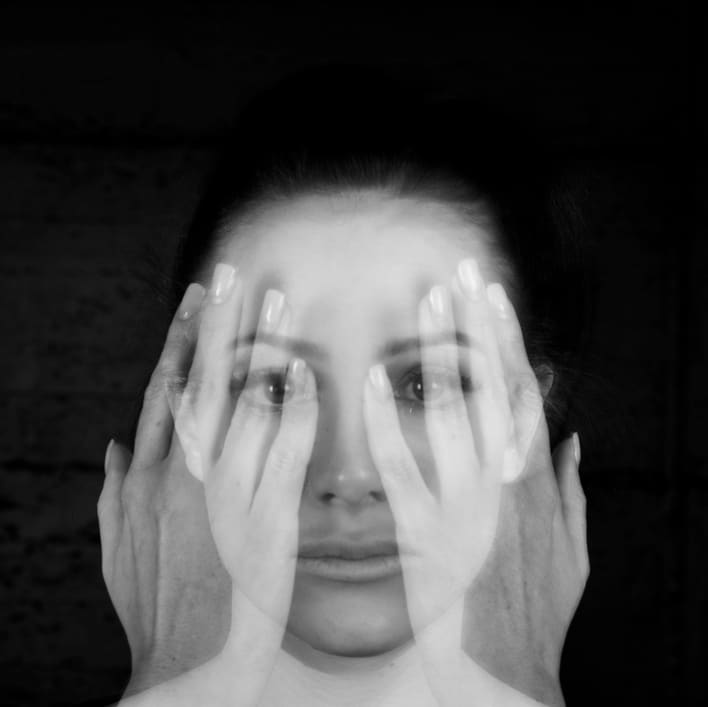How Do I Know if I’m Sad or if I’m Depressed?
It can be difficult to determine whether the sad emotions you’re feeling stem from normal, natural sadness or whether you’re beginning to descend into depression. Read on to learn more about the differences.
“Am I sad or depressed?” Everyone has a bad day once in a while, but it can be difficult to determine whether the emotions you’re feeling stem from normal, natural sadness or whether you’re beginning to descend into depression.
Sad or Depressed: Understand The Basics of Sadness
Sadness can be unpleasant, but it’s a common emotional response to a situation that’s either stressful or unhappy.
Common triggers for sadness may include a sudden change like losing a job, a serious argument with a family member, the loss of a loved one, or an impending divorce. The degree of sadness you feel may depend on how serious or life-changing the inciting incident was.
Normally, people who are currently sad can work through their feelings and experience relief by engaging in calming activities, talking to a trusted friend, or having a good cry.
There are a few factors that set sadness and depression apart. For one, sadness usually has a cause. Additionally, sadness usually fades away with time.
When a sad mood does not fade away or gets worse over time, it may be a sign that you’re suffering from depression.
We are dedicated to resolving issues and blocks that may get in the way of living the life that you imagined.
If you live in California or Florida, schedule a complimentary consultation.
Sad or Depressed: What is Depression?
Unlike the timeline of sadness, depression is not something that simply gets better with time. Depression is a mental health condition that negatively affects more than 18 million Americans per year.
If you’re suffering from depression, it becomes very difficult to find relief from the symptoms that you experience. Talking it out, meditating, and giving yourself time do not ‘cure’ depression in the same way that these steps may relieve sadness.
Depression persists for greater than two weeks and extends beyond normal feelings of sadness. In addition to being unhappy, there are several symptoms that come with depression.
Symptoms of Depression
If you’re experiencing several of the following symptoms, it may be time to speak with a licensed mental health professional.
- Long-lasting feelings of emptiness
- Sleep schedule disruptions (sleeping too often or not sleeping enough)
- Loss of energy
- Feelings of guilt or worthlessness
- Thoughts of self-harm
- Difficulty concentrating
- Irritability
- Loss of interest in hobbies or activities
- Unexplained weight loss
Misconceptions About Depression
Like many people, you may assume that as long as you aren’t spending all day in bed or crying nonstop, you’re not suffering from depression.
The misconception that depressed people cannot function outside of their illness may have become common due to inaccurate depictions of depression in television and movies.
The truth of the matter is, many depressed individuals continue going to school or work without the people in their lives noticing that anything is wrong. If you or a loved one experiences the symptoms of depression while keeping up with the demands of life, you may be suffering from what is known as high-functioning depression.
A person with high-functioning depression may exhibit the following symptoms:
- Overreacting to issues that wouldn’t otherwise be a big deal
- Perfectionism
- Becoming increasingly critical of oneself or others
- Inability to relax or rest, even after a long day of work or school
- Self-doubt
- Increasing worry or guilt about current or future events
Depression Demographics
Like sadness, depression can affect anyone. It occurs in both men and women, all age groups, and all ethnic groups. There are, however, several demographics in which depression is more common in comparison with other groups. These risk factors may increase a person’s chances of developing depression.
- Mental illness in the family history
- A personal history of past mental disorders
- Being isolated or having no support system
- Significant physical trauma (ex: severe injury in an accident)
- Suffering from a serious medical condition (cancer, HIV, chronic pain, etc.)
- Substance abuse
- Low self-esteem
- Childhood trauma
- Difficulty within the family or community due to identifying as an LGBTQ+ individual
The Difference Between Sadness and Depression
When answering the question, “Am I sad or depressed,” it’s important to understand that even severe sadness is a normal reaction to a devastating life event. At times, it may be difficult to tell the difference between this normal emotional response and the symptoms of depression.
While the timeline and inciting incident are a couple of general ways to differentiate sadness from depression, they are not the only factors that separate the two conditions. If you’re concerned about your mental wellbeing, it’s a good idea to seek help.
Take a look at this helpful depression screening created by the Anxiety and Depression Association of America for further insight into your current experience. Keep in mind, this screening is not intended to diagnose or treat depression. It is simply a tool created to help individuals understand the difference between depression and sadness.
If you’ve been experiencing feelings of sadness accompanied by additional symptoms of depression, you owe it to yourself more than anyone else to seek the help you need. By speaking with a licensed mental health professional, you can receive help addressing and managing your depression.
If you believe that you would benefit from receiving support through counseling, please reach out and contact our office. We look forward to meeting you and helping you work through your mental health needs.
Please feel free to reach out to us to set up a complimentary consult call so we can match you with the best therapist for your situation.

